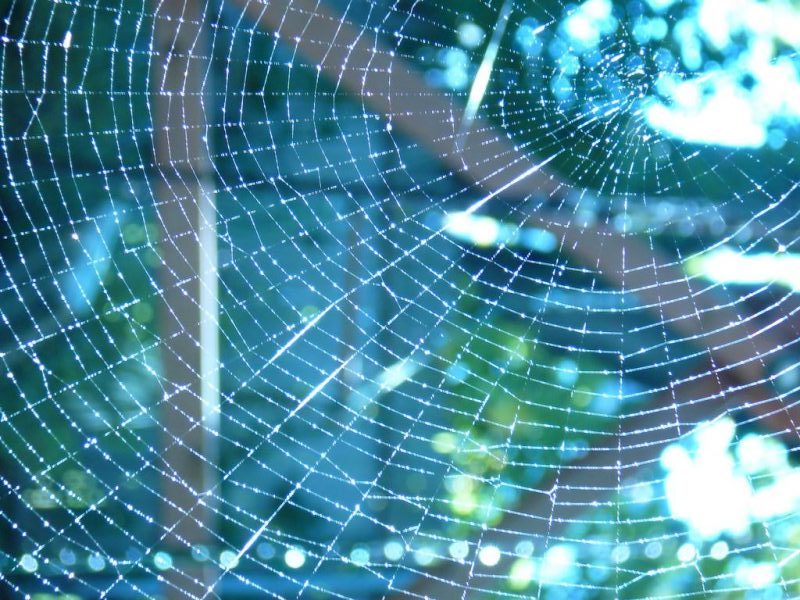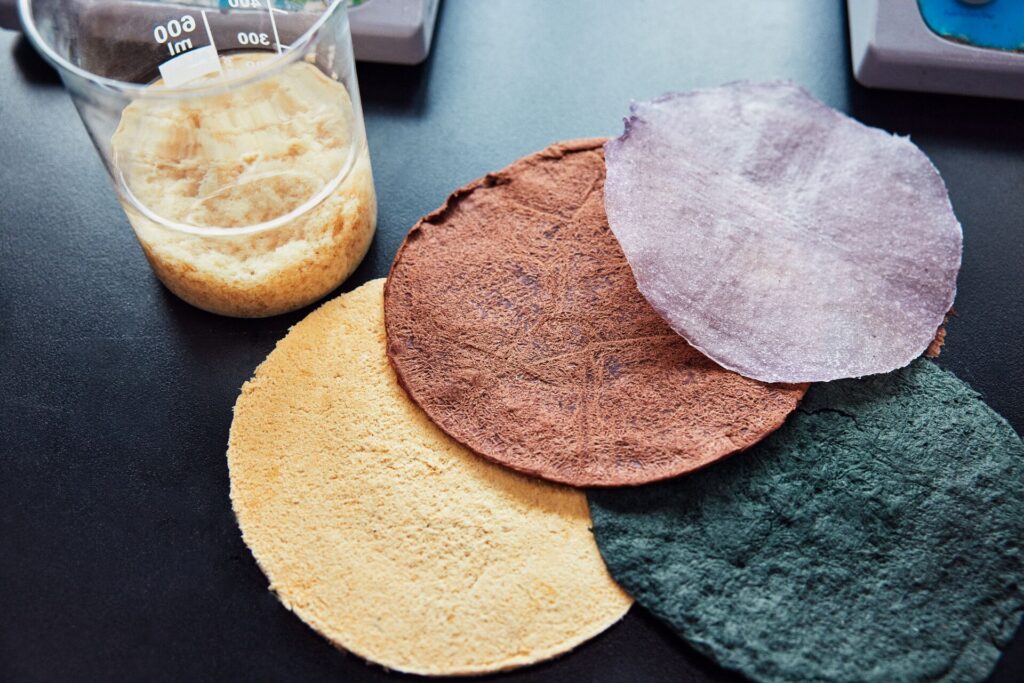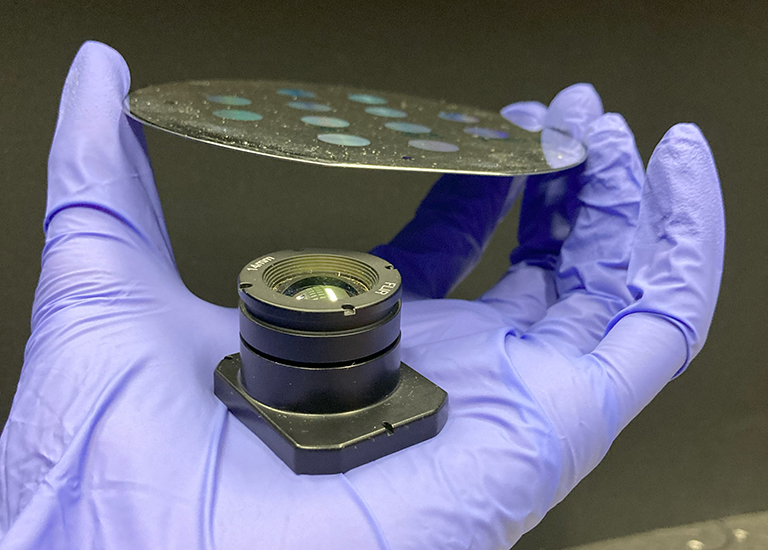Spider silk has some impressive properties. It’s one of the sturdiest materials found in nature. Stronger than steel and tougher than Kevlar, it can be stretched to up to four times its length before it breaks.
Due to these incredible properties of spider silk, replicating spider silk in the lab has been an obsession among scientists for a long time.
Spider silk has already made its way into the world of medical research. Scientists are exploring its potential for use in areas ranging from gene therapy to reconstructive surgery.
Now, scientists from the Karolinska Institutet (KI) in Sweden have discovered another use for this material in stabilizing and enhancing p53, a cancer-killing protein.
Considered ‘guardian of the genome’, the p53 protein protects our cells against cancer
The p53 is called the guardian of the genome since it can stop cells with DNA damage from turning into cancer cells. In roughly half of all cancer tumors, mutations of the p53 gene are found.
However, the issue with p53 is that it breaks down quickly in the cell. Scientists were able to make p53 more stable and potent by adding spider silk protein to it. Spider silk effectively managed to give structure to p53’s disordered sections.
The new protein proved to be not only more stable than ordinary p53, but it was also more capable of killing cancer cells







